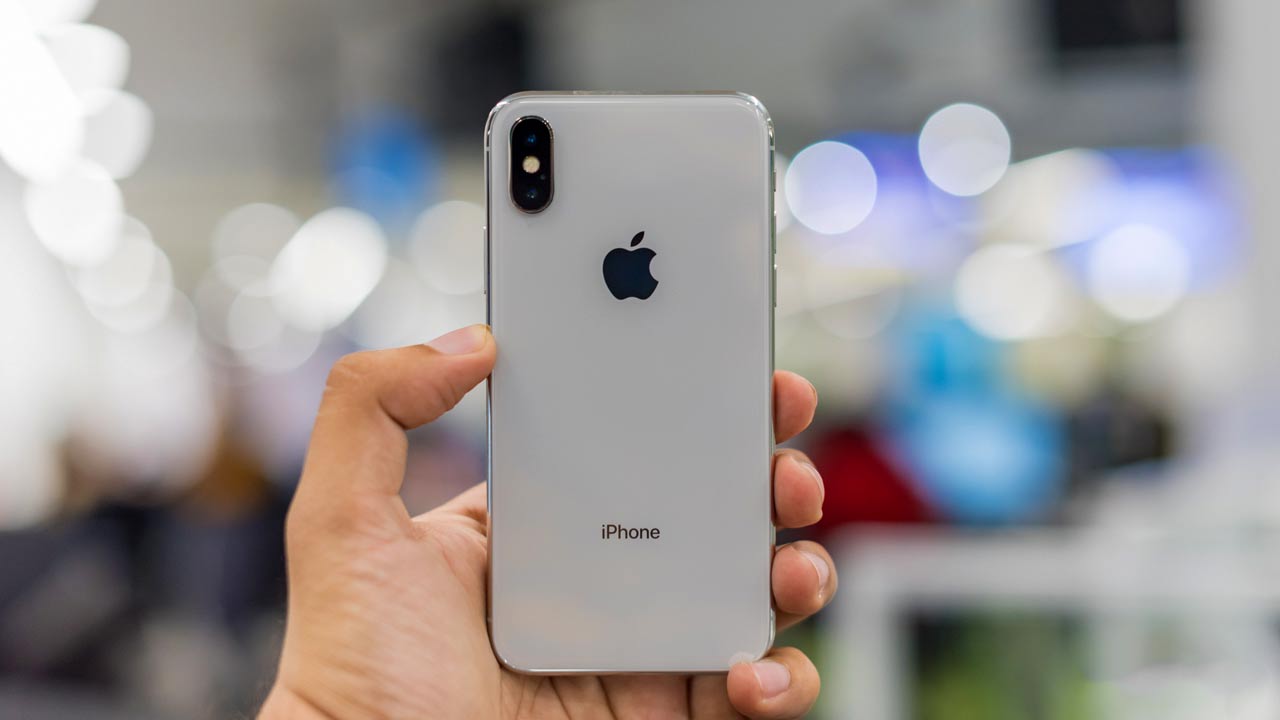On 30 October, when Apple updated the **MacBook Air** , **iPad Pro** and **Mac mini** hardware at a New York event, the company also updated the software for the iPhone, releasing the latest **iOS 12.1** . Along with the Group FaceTime, charging issue fix that the update brings, iOS 12.1 once again brings the **battery throttling feature** to the last year’s **iPhone X** , **iPhone 8** , and **iPhone 8 Plus** , in the form of a ‘Peak Performance Capacity’ tab. And that’s despite Apple **claiming earlier this year** that with a hardware update, these models will avoid throttling issue. [caption id=“attachment_4675741” align=“alignnone” width=“1024”]  The Apple iPhone X in Silver. Image: tech2/Rehan Hooda[/caption] If it’s any consolation, Apple writes on its Support page, that this management “may be less noticeable due to their more advanced hardware and software design”. Like it was observed last year with the 2016 iPhones, the feature is enabled automatically after the phone starts experiencing issues. There’s a toggle that allows you to switch it off if you want, though. On or off, you may want to have a look at the Battery health screen once or twice a year. It will notify you when the battery has degraded to the point where it’s better to have it replaced. On the other hand, watchOS 5.1, which was also released alongside the iOS 12.1 update, has been **reported** to be bricking the Apple Watch Series 4, leaving the device useless. Apple has **pulled back** the update for now, and will soon be releasing a fix for it.
Earlier this year, Apple said that these iPhone models will not need the battery management feature.
Advertisement
End of Article


)
)
)
)
)
)
)
)
)



